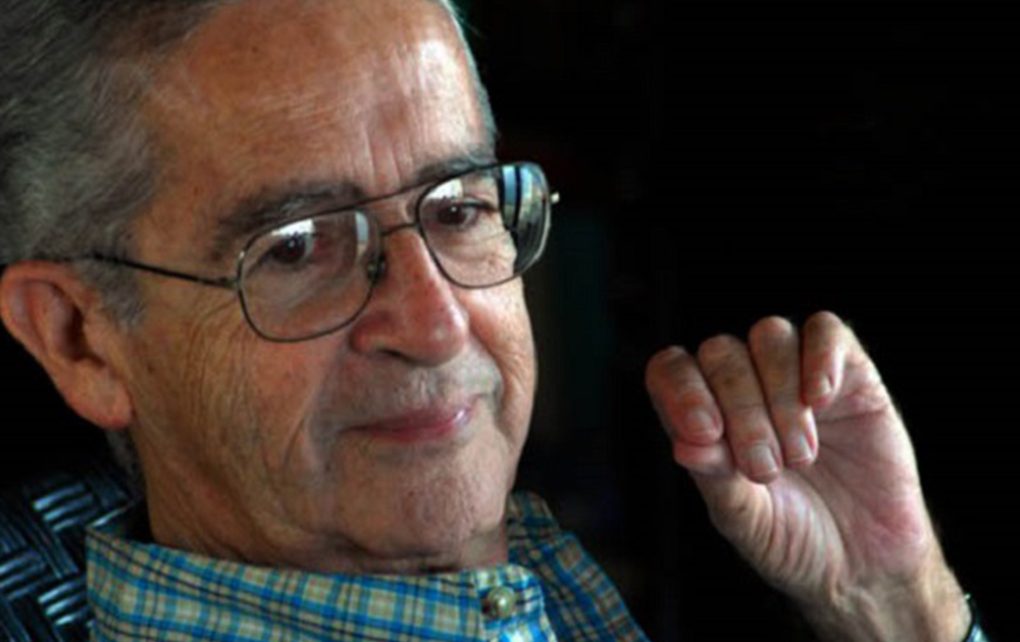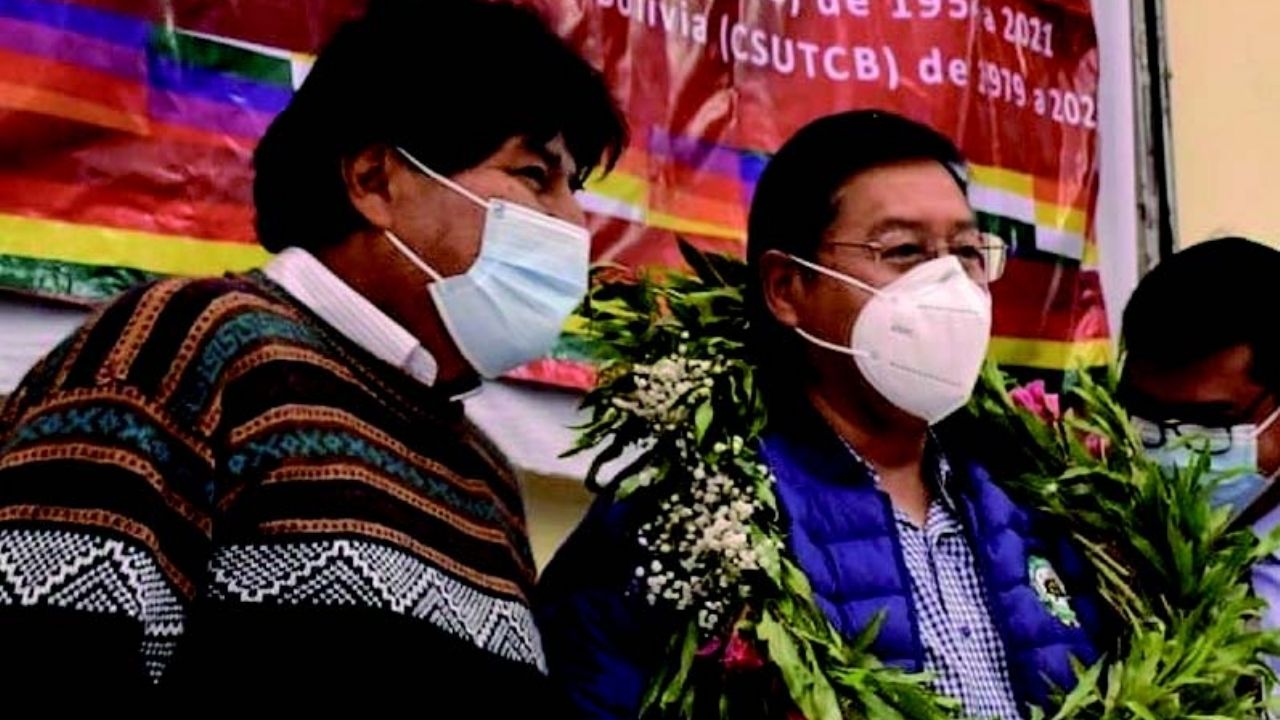In 2011, during a research stay in Cuba, I had the immense privilege of contacting Ambrosio Fornet. My idea was to carry out an extensive interview on the always controversial subject of the Padilla case. My research was based on the position taken by Julio Cortázar and Mario Vargas Llosa as well as the artistic and intellectual debate that arose between them around this case. The questionnaire that I prepared for “Pocho” consisted of eight questions, but he —in the midst of multiple tasks and activities— chose to answer two of them. His response is a clear example of the generosity of the teacher who lovingly and critically guides the student. Until now, the “hasty comment” is unpublished. As a tribute, I share it together with the two questions that Ambrosio Fornet was able to answer very generously.
- Relations between intellectuals-artists and political power always seem marked by conflict. In the wake of Padilla case, two important writers from Latin America took different paths. Julio Cortázar, already committed to the Cuban revolution, would also become an important voice of support and support for the national liberation movements and the struggles against military dictatorships. Mario Vargas Llosa, on the other hand, would have to show himself as the most conspicuous opponent of the Cuban revolution, mainly, but also of everything that proposed leftist political changes in Our America. In the space of literature, one and the other had different conceptions, Cortázar raised the idea of ”revolutionizing literature” rather than being “writers of the revolution”, Vargas Llosa maintained that the writer was an “eternal rebel”, condemned to be always “the critical conscience of every society”. In his opinion, what is the fundamental difference between one approach and the other?
- During a good part of the 1960s and 1970s, the conception of the committed “intellectual-writer” emerged. In fact, in 1968, you wrote The intellectual in the revolution, more than forty years have passed since then, I would like to ask you, how do you understand today that conception of “intellectual-artistic commitment”? What does it mean to be a committed intellectual?
Answer to a questionnaire. Ambrosio Fornet, May 11, 2011
Mr. Jose Arreola.
Town.
Dear Friend:
Next week promises to be complicated, once again, and I decide to send you this hasty comment so you don’t think I’ve shelved your interesting questionnaire. It was enough for me to read it to realize that you are very familiar with the issues and that you even know some of the ideas that, without much authority, I have exposed in articles and interviews. But the one that constitutes the heart of his thesis I do not think has been sufficiently treated, although it is in fact the center of all intellectual controversy since Julien Benda accused intellectuals of “treason” because they, in France at least, had disregarded of the high questions of the Spirit to lower himself to deal with questions of Politics. Later —to balance this leftist tendency a little— the thesis of the Neutrality of Culture was put on the table and just a few days ago Claude Julien publicly confessed that he has decided to become a “reformist” because the revolution is not the best path and there are many things that can be improved without reaching those extremes. This ineluctably leads us to the question: “Where are you speaking from?” Because there are millions of people in the world who do not have time, who cannot wait indefinitely, who are dying or are watching their children die while they wait to be able to eat, or be educated, or enjoy certain rights that should be the heritage of all at this point in the third millennium.
Is the reformed society that Julien aspires to guarantee that? In what term? (I don’t even dare to insinuate the question regarding the neoliberal project of society that Vargas Llosa defends). In the global pyramid, what position does a country occupy? And in the social pyramid, what position do you occupy? Is it up, down, or in the middle? Can you wait patiently for changes, have you started to get restless or are you already desperate? If you see that things are not going as they should, are you resigned or outraged? Do you shrug or look for a way to do something?
What I want to tell you, in a few words, is that I only conceive of the inalienable critical role of the intellectual as a social function linked to a collective project. It is not just a matter of exercising my freedom by asserting my right to criticism, but of exercising it based on a project of equality and justice for all –including the illiterate– so that one day that society will become possible where –to use the classic formula —“the development of each one is the necessary condition for the development of all”. Marx once spoke of “the freedom of the boar” to refer to that which can be enjoyed by the isolated individual, the hermit or the one who sees his navel as the center of the universe. But the intellectual who refuses to stop being one and therefore claims his right to criticism, cannot help but wonder: where are my criticisms directed? What function do they fulfill? How can I get them to contribute to the advancement of my cause, that is, the cause of the majority, who often have no voice or are barely heard?
In these situations questions of power are always settled and one cannot play dumb by pretending that it is only about questions of conscience (of individual conscience, that is, of the power or value of the Ego). That Vargas Llosa refuses to continue supporting a revolution that denies Padilla his right to dissent seems to me a hasty but understandable decision (Stalin’s ghost had prepared us all to listen to the alarm bells and detect even the slightest signs ominous, as in fact had been happening to Padilla); but that Vargas Llosa, being a Latin American intellectual, subscribed to neoliberalism and showed himself incapable of seeing the level of equity and justice that socialism had brought to Cuba… that he did not understand.
And as for Cortázar, he not only died defending the possibility of revolutionizing literature, but also the right to transform the world through revolutions, both in the case of Cuba —remember his moving “Polycriticism at the time of the jackals”— and in the Nicaraguan case.
May 11, 2011.
***
* Ambosio Fornet, one of the most notable Cuban intellectuals, National Publishing Prize (2000), and National Literature Prize (2009), died this April 5 at the age of 90.






